We use cookies to provide best experience. Learn more.
How to Find Landowners and Secure Permission for Metal Detecting in the UK

Finding the right place to detect is just as important as having the right equipment. Whether you’re searching for lost history or modern treasures, gaining permission to detect on private or public land is essential. Here’s how to locate landowners, ask for access the right way, and follow best practices while out in the field.
Finding Out Who Owns the Land
Before stepping onto any land, knowing who owns it is crucial. Here are the best ways to track down ownership details:
• Use the Land Registry – The UK Land Registry allows you to search for property ownership details for a small fee. This is one of the most reliable ways to confirm ownership.
• Check with Local Councils – Some land is owned by local authorities, and they may provide information on land use and permissions.
• Ask Around Locally – Farmers, neighbours, and village shops often have useful knowledge about who owns what. A polite inquiry can go a long way.
• Use Online Resources – Websites such as MAGIC Map, Gov.UK, and HM Land Registry can provide information on land boundaries, property ownership, and potential access restrictions.
• Visit the Land in Person – If ownership isn’t obvious, look for farmhouses or signage that may give contact details. If the land is actively used for farming, the tenant farmer may also be the best point of contact.
How to Approach Landowners
Once you’ve identified the landowner, making a good first impression matters. Here’s how to increase your chances of getting permission:
• Be Respectful and Clear – Explain who you are, what metal detecting involves, and why you’d like permission to search their land.
• Understand Their Rights – When metal detecting in Wales, England, or Northern Ireland, any non-treasure items you uncover legally belong to the landowner unless they grant permission. To prevent any disputes, it's wise to have a written agreement in place before you start.
• Agree on the Basics – Clarify where you can detect and any conditions they may have.
• Be Patient and Understanding – Not everyone will be open to metal detecting on their land. If someone declines, accept their decision and move on.
A straightforward and professional approach will help build trust and improve your chances of securing permission.
Joining a Detecting Group
If you’d rather avoid the process of obtaining permission yourself, joining a metal detecting group is a great option. Many clubs and organised groups secure permission before arranging group digs, meaning members can detect legally without needing to contact landowners directly. Groups also provide a way to meet like-minded detectorists, share knowledge, and learn about the best equipment and techniques. The National Council for Metal Detecting (NCMD) website and local Facebook groups are good places to find established detecting clubs in your area.
Best Practices When Detecting
Once permission is granted, following the right detecting etiquette is essential:
• Always Fill Your Holes – Leaving open holes can cause damage to the land and pose a risk to livestock and people.
• Follow the Code of Conduct – Respect the land, don’t cause damage, and leave gates as you found them.
• Know the Law – Avoid scheduled monuments, protected sites, and areas with restrictions on metal detecting.
• Report Significant Finds – Under the Treasure Act, certain finds must be reported to the local Finds Liaison Officer (FLO). Even non-treasure items can hold historical importance.
• Leave No Trace – Take all rubbish and unwanted finds with you. Leaving the land as you found it builds trust with landowners and helps keep the hobby respected.
Final Thoughts
Getting permission to detect requires effort, but it’s part of responsible detecting. By taking the right approach, respecting the land, and following best practices, you not only gain access to new locations but also help ensure that metal detecting remains a respected and welcomed activity.
For those just getting started or looking to expand their permissions, joining a club can provide access to new sites, a strong community, and valuable detecting experience. Whether detecting solo or as part of a group, being a responsible detectorist will help keep the hobby thriving for years to come. Happy Hunting.
February 10, 2025
|
View: 595
|
By: <a class="mp-info" href="https://uk.minelab.com/blog/author/minelab-metal-detector">Minelab</a>


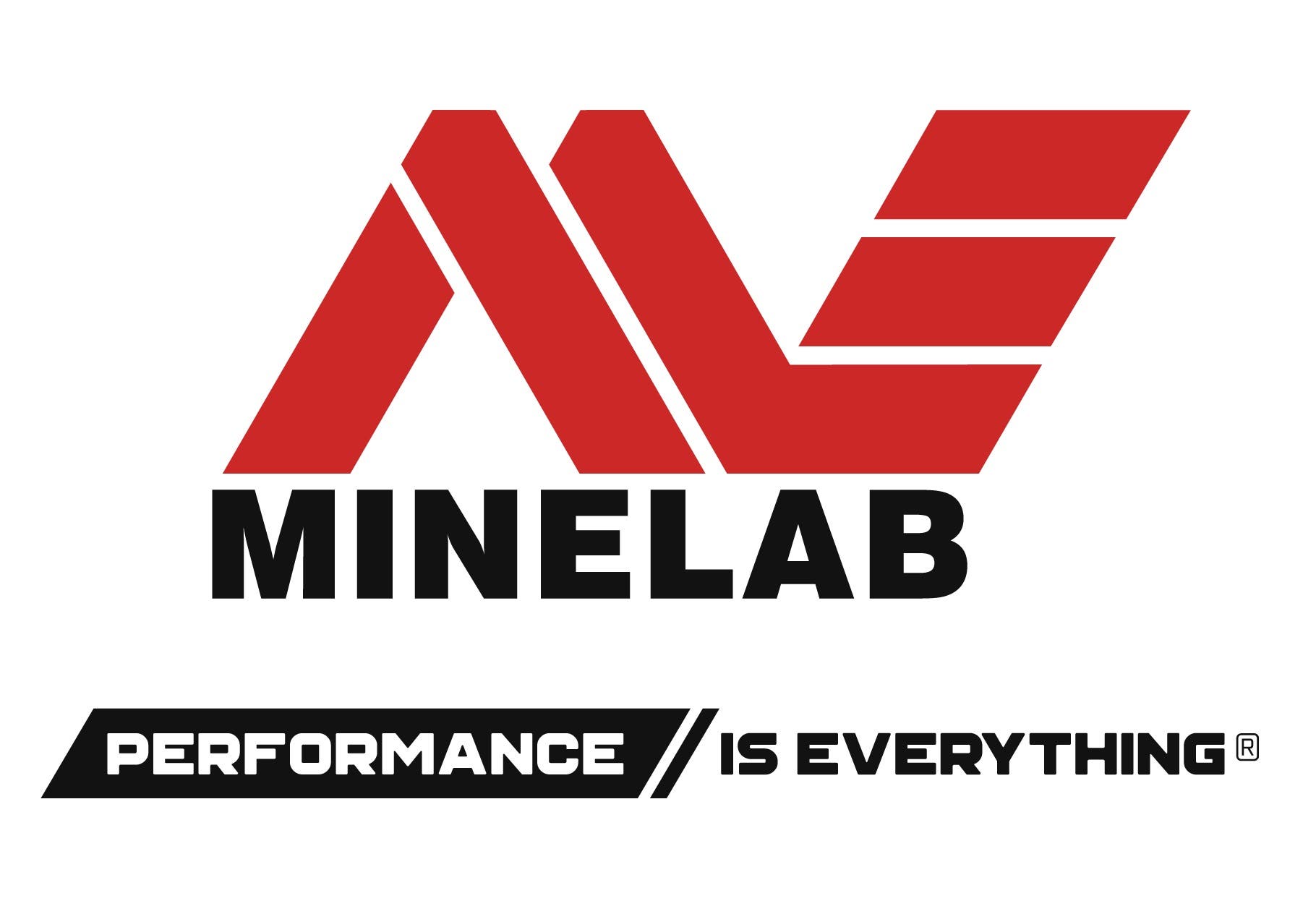




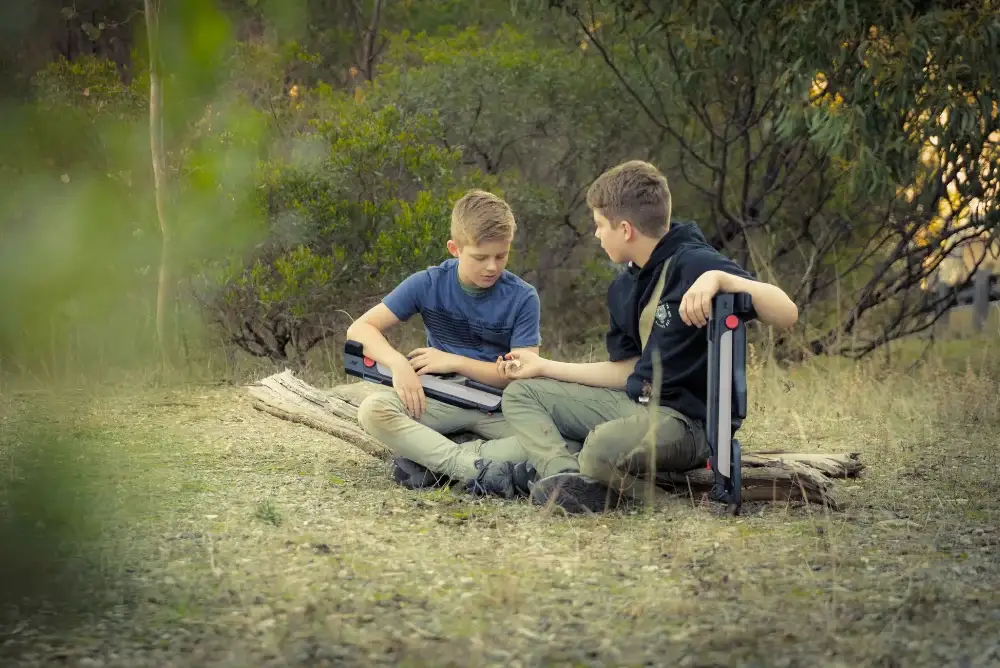
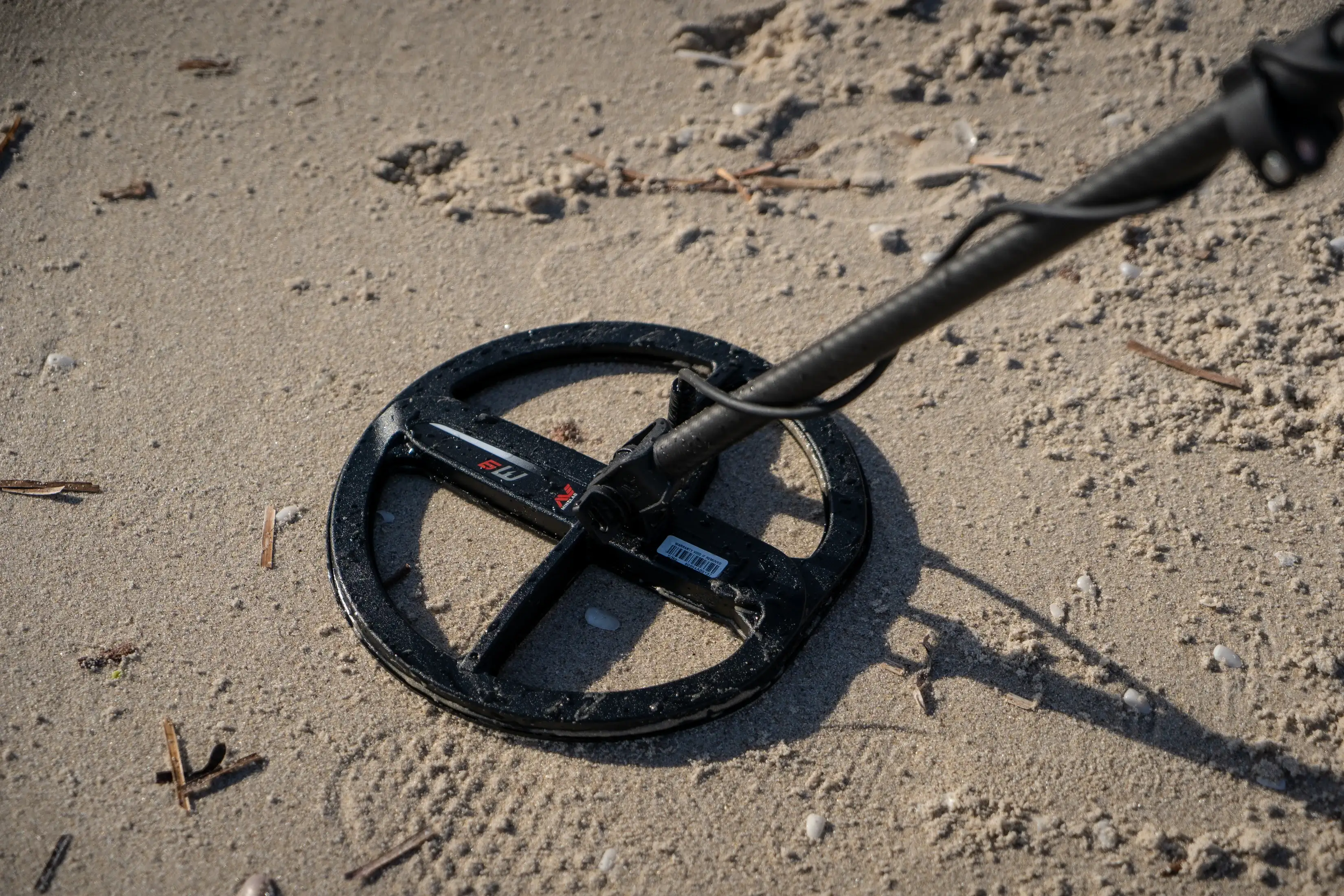
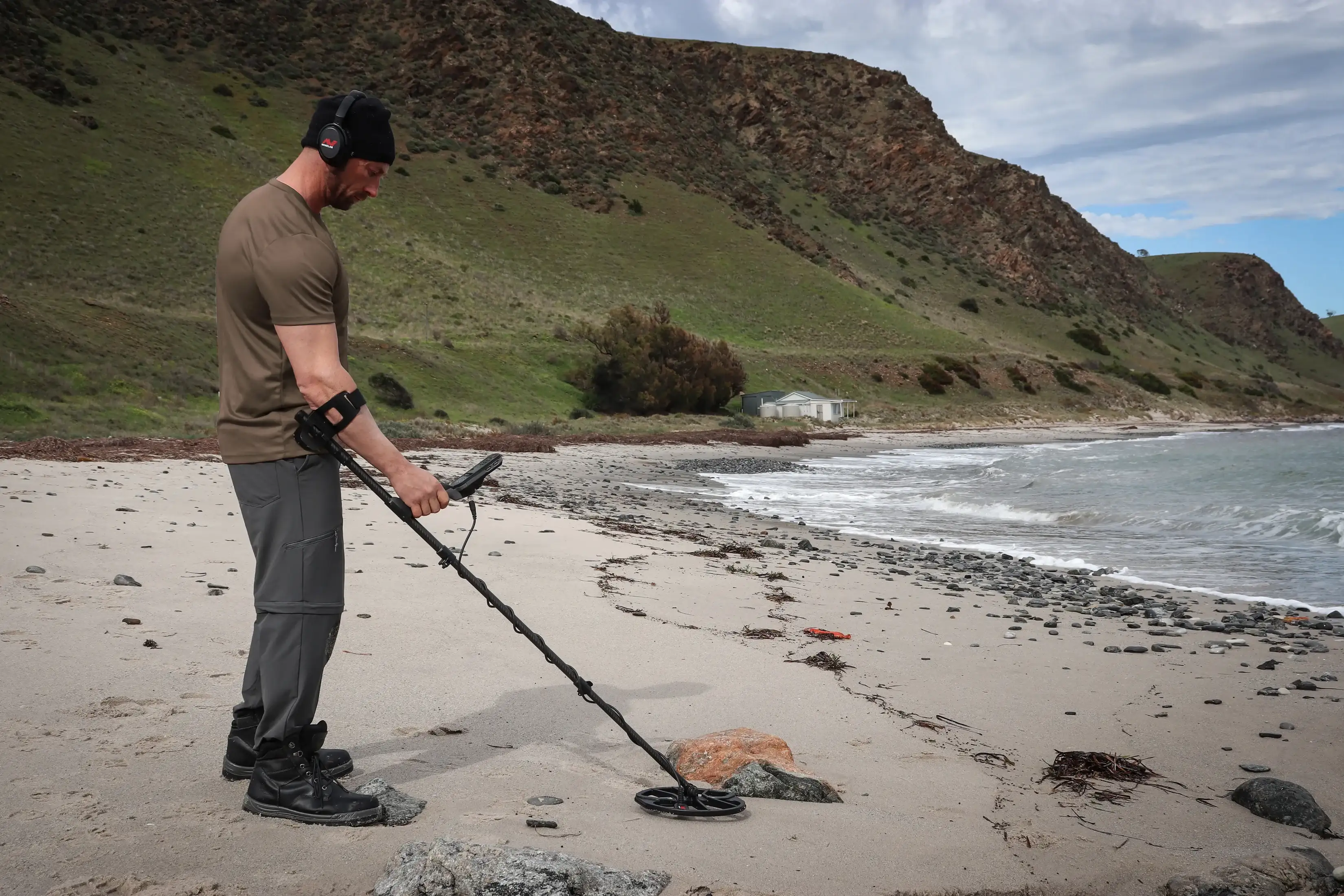
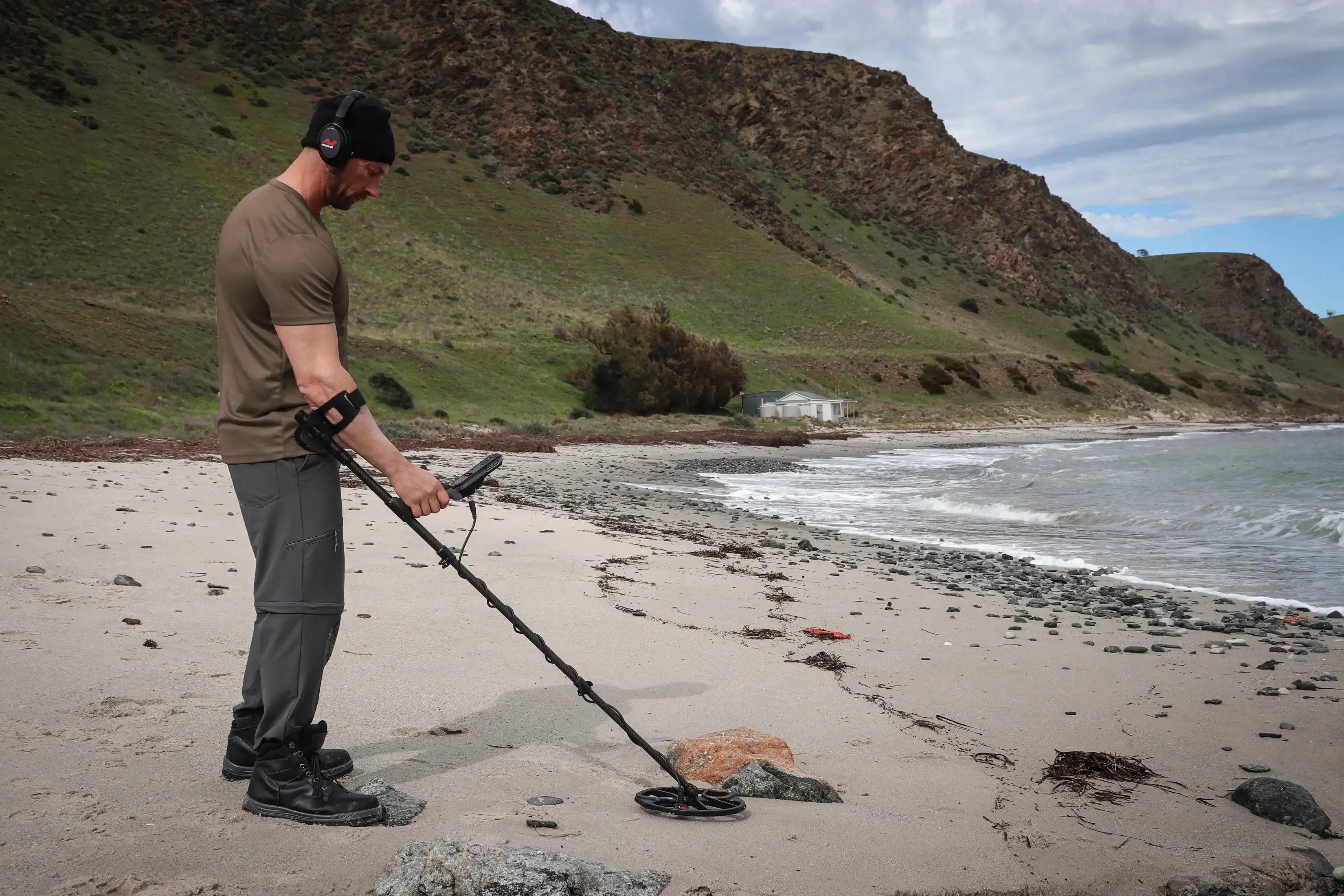
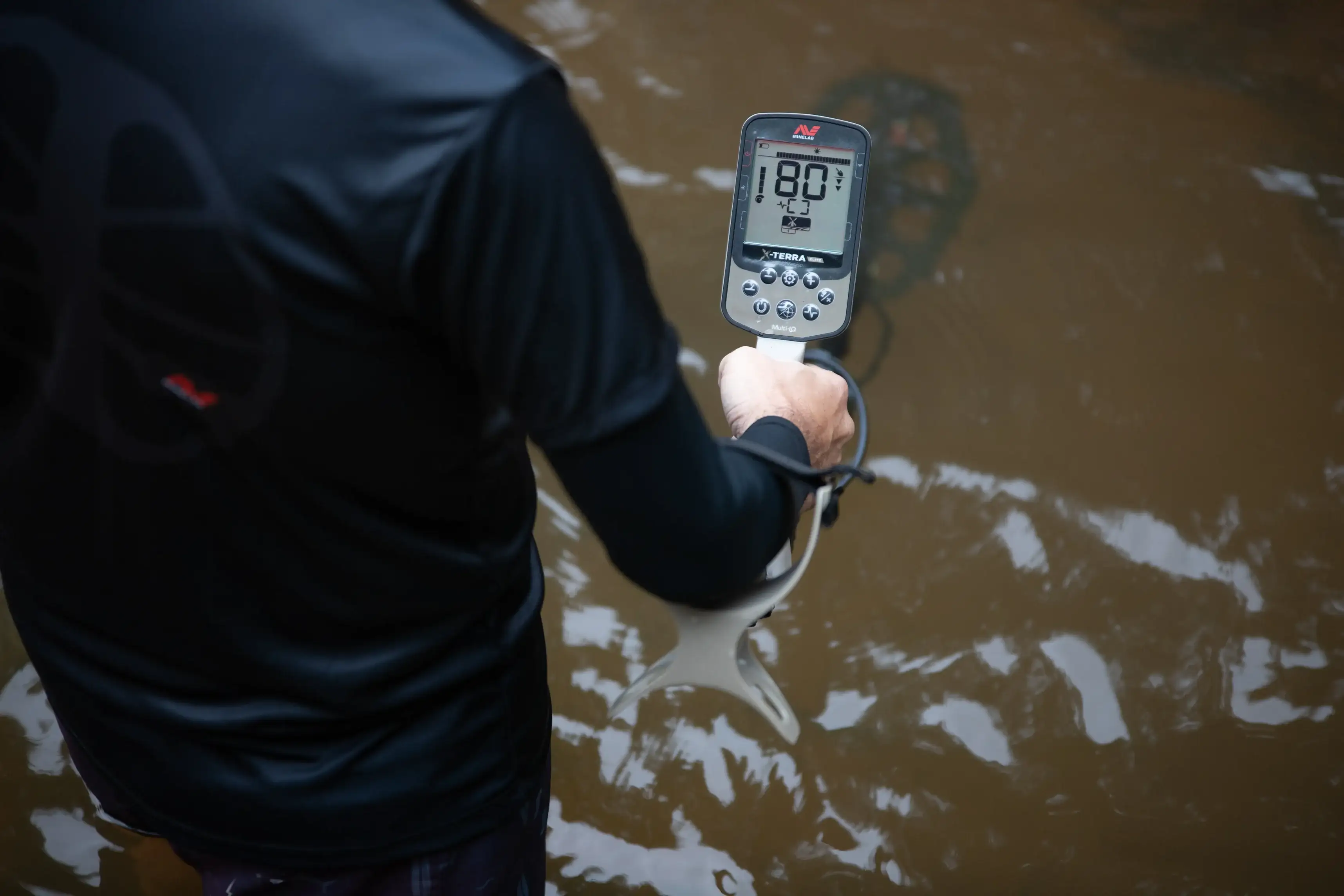
Comments